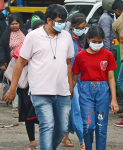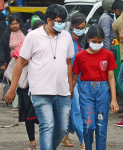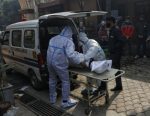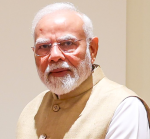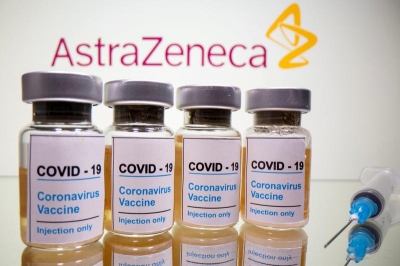
London: The protection offered by the Oxford-AstraZeneca Covid-19 vaccine, named Covishield in India, declines after three months of receiving two doses, according to a study published in the
The findings suggest that booster programmes are needed to help maintain protection from severe disease, said a team of researchers led by University of Edinburgh.
The researchers from Scotland and Brazil analysed data for two million people in Scotland and 42 million people in Brazil who had been vaccinated with the Oxford-AstraZeneca vaccine which uses an adenovirus, specifically a common cold virus from chimpanzees, to train the immune system to fight the virus.
In Scotland, when compared with two weeks after receiving a second dose, there was approximately a five-fold increase in the chance of being hospitalised or dying from Covid-19 nearly five months after being double vaccinated.
The decline in effectiveness begins to first appear at around three months, when the risk of hospitalisation and death is double that of two weeks after the second dose, the experts said, while the risk increases three-fold just short of four months after the second vaccine dose. Similar numbers were seen for Brazil.
“Vaccines have been a key tool in fighting the pandemic, but waning in their effectiveness has been a concern for a while. By identifying when waning first starts to occur in the Oxford-AstraZeneca vaccine, it should be possible for governments to design booster programmes that can ensure maximum protection is maintained, said Professor Aziz Sheikh, Director of the University of Edinburgh.
“If eligible for a booster and you have not yet had one, I would highly recommend that you book one soon,” he added.
The study also estimated vaccine effectiveness at similar fortnightly intervals by comparing outcomes of people who have been jabbed with those who are unvaccinated.
However, the experts warned that the figures should be treated with caution because it is becoming harder to compare unvaccinated people to vaccinated people with similar characteristics, particularly among older age groups where so many people are now vaccinated.
Meanwhile, a recent study led by Pune-based BJ Government Medical College (BJMC) and Sassoon hospital revealed high levels of protection (seroprevalence) against Covid-19 in over 500 healthcare workers even three to seven months after taking two doses of Covishield.
The study also showed that the antibody prevalence was above 90 per cent and immunity level was also high months after completion of two doses, suggesting no need for booster doses.IANS




